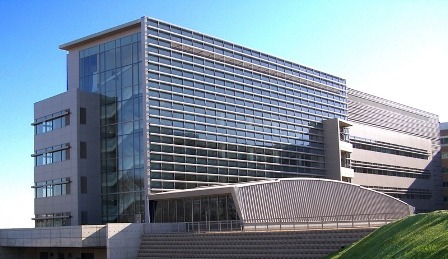
Monarch external trigeminal nerve stimulation (eTNS) system is said to be the prescription-only device approved to treat patients aged between seven and 12 years who are not currently taking prescription ADHD medication.
FDA said that Monarch eTNS is the first non-drug treatment secured approval for the treatment of ADHD.
ADHD is a common disorder that starts in childhood, and its symptoms include difficulty staying focused and paying attention difficulty in controlling behavior and very high levels of activity.
Monarch eTNS system, which needs to be used in the home under the supervision of a caregiver, is a cell-phone sized device that generates a low-level electrical pulse. It connects through a wire to a small patch that adheres to a patient’s forehead, and creates a tingling sensation on the skin.
The system provides the low-level electrical stimulation to the branches of the trigeminal nerve, which sends therapeutic signals to the parts of the brain believed to be involved in ADHD.
Neuroimaging studies have demonstrated that eTNS increases activity in the brain regions, which are crucial to regulating attention, emotion and behavior, while the exact mechanism of eTNS is not yet known.
Clinical trials suggest that a response to eTNS will take around four weeks, and patients need to consult with their health care professional after four weeks of use to evaluate treatment effects.
Monarch eTNS System’s efficacy in treating ADHD was demonstrated in a clinical trial, which compared eTNS as the sole treatment, or monotherapy, to a placebo device.
The primary endpoint of the trial was improvement on a clinician-administered ADHD Rating Scale, ADHD-RS.
FDA’s Center for Devices and Radiological Health physical medicine devices division director Dr Carlos Peña said: “This new device offers a safe, non-drug option for treatment of ADHD in pediatric patients through the use of mild nerve stimulation, a first of its kind.
“Today’s action reflects our deep commitment to working with device manufacturers to advance the development of pediatric medical devices so that children have access to innovative, safe and effective medical devices that meet their unique needs.”






